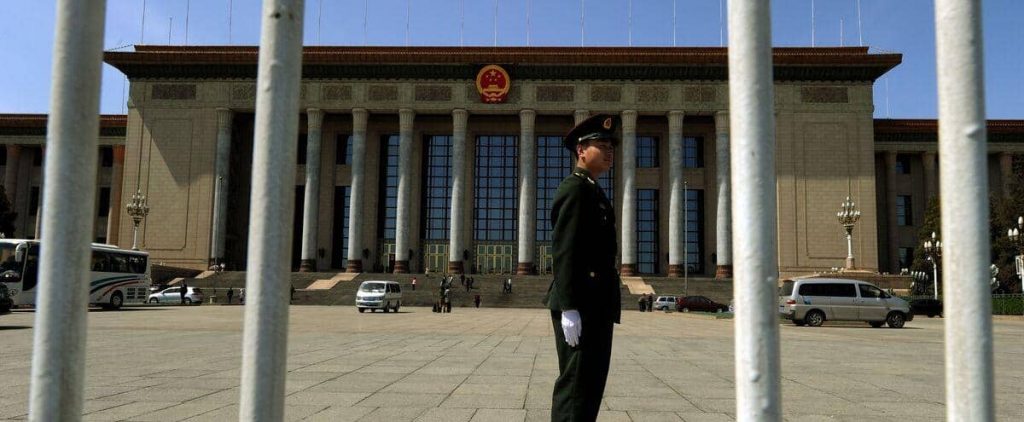
Beijing | China passed the Online Privacy Act on Friday. It aims to limit the sometimes abusive collections of personal data, especially those managed by digital giants.
Also read: New spacewalk for two Chinese astronauts
The text comes in response to a resurgence of Internet scams in recent years, but Chinese consumers are increasingly concerned about data leaks or the use of algorithms.
Under a new law passed by the Standing Committee of the Chinese Parliament, public and private companies will be required to reduce the collection of their personal information from citizens and obtain their prior consent.
The state is not worried: it may continue to collect large amounts of data – especially to track any political dissent and apply its strict security policy in the troubled area of Xinjiang (northeast).
The law should bring more national digital giants, Didi (vehicle reservation with driver) and Tencent (video games) in view of Beijing in recent months for the collection of abusive data.
The text is specifically intended to prevent “the use of personal data to profile users,” a parliamentary spokesman told the New China News Agency earlier this week.
In particular, it should avoid a common practice of “algorithmic discrimination” between online sales companies, for the same service, offering different prices to different customers according to their purchase history.
China’s new law is inspired by one of the world’s toughest online privacy laws: the European Union (EU).
The text indicates that, among other things, the personal information of Chinese citizens cannot be transferred to countries with lower standards than China in this area.
Prohibition of concern to foreign companies – for example, there is no national law on data protection in the United States.
Failure to comply with the new rules will result in companies being fined up to 50 million yuan (approximately $ 8 million) or up to 5% of their annual turnover.
For the most serious violations, companies can lose the business license of the authorities or even force it to close permanently.





More Stories
Sportswear: Lolle acquires Louis Garneau Sports
REM is still innovative enough to foot the bill
A trip to the restaurant with no regrets for these customers